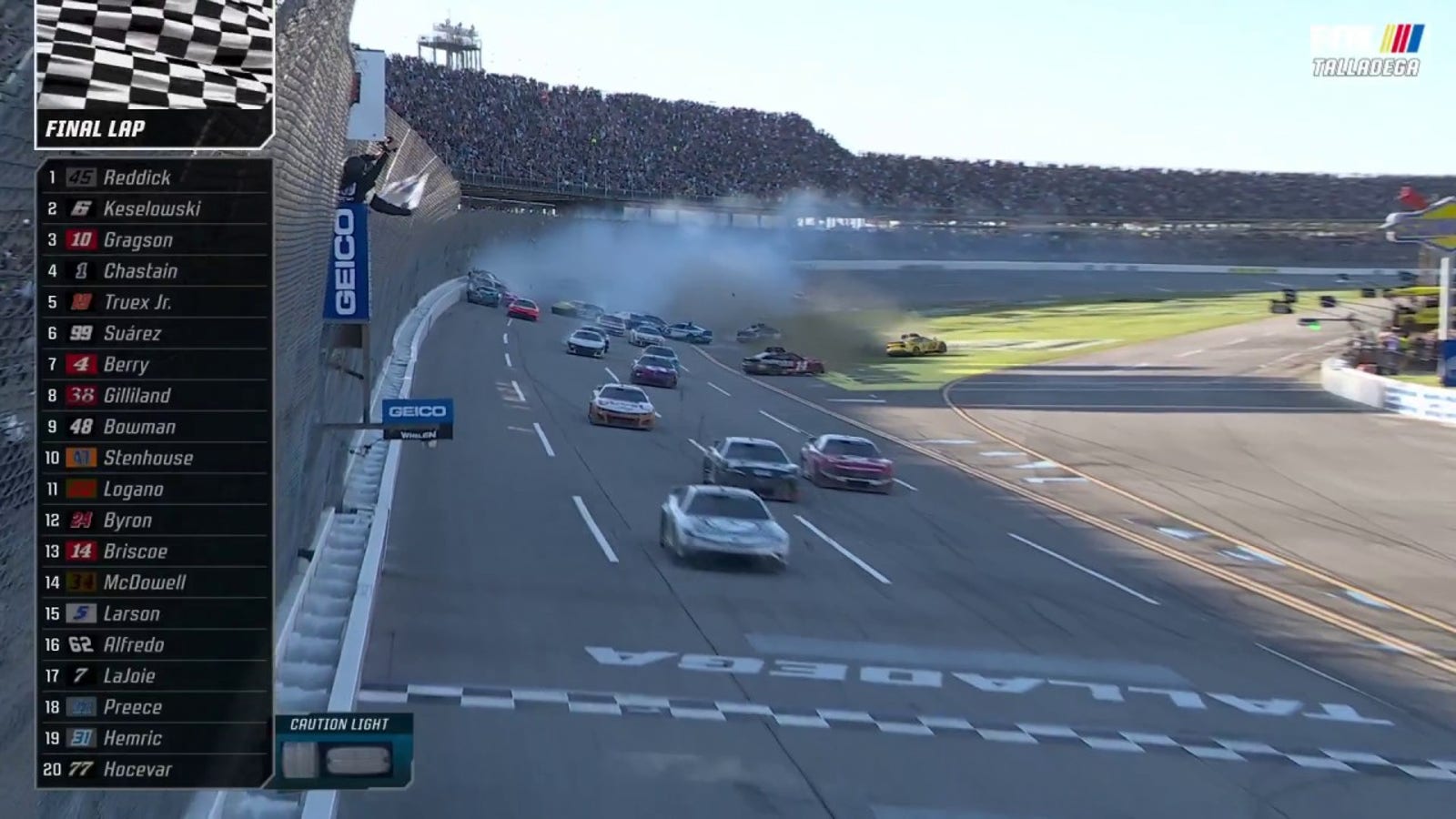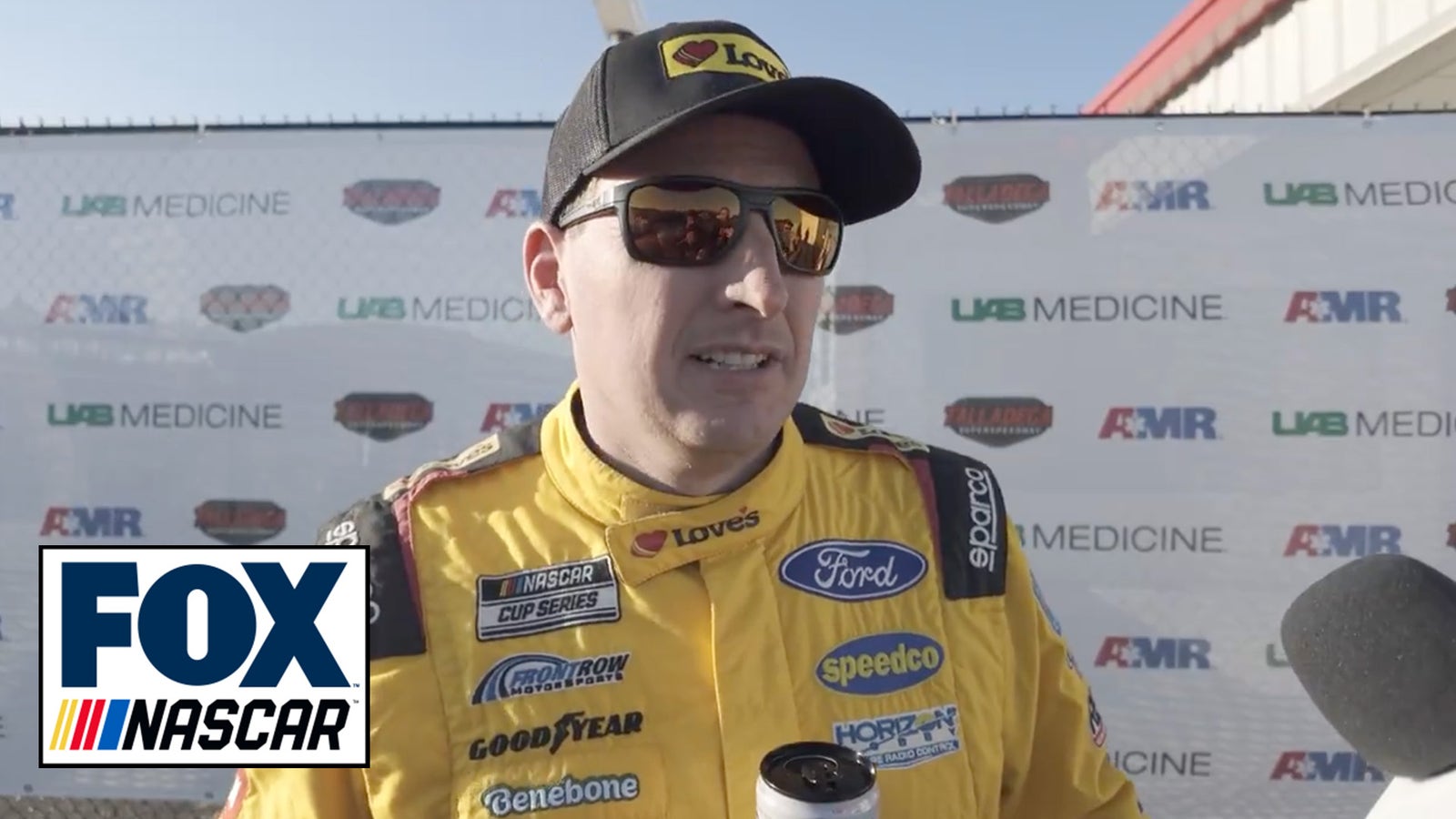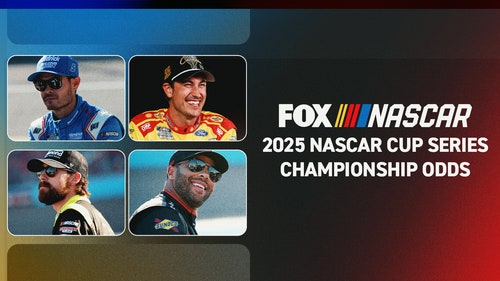
Typical Talladega: Waiting for the wild finish
TALLADEGA, Ala. — Blocking late at a superspeedway race seems to have been a constant over the years. A driver tries to block a run in the aerodynamic draft and often makes it too late, creating a big accident.
Getting to that point is what has changed from time to time. Decades ago, fans would see drivers run in single file for much of the race until the last 20-40 laps when they would start making moves.
For a couple of years, drivers could race in tandems as the fastest way around the track. NASCAR found ways to make that move obsolete.
And now it has come to the point of fuel mileage. With the stage-racing format, drivers can complete a stage the fastest by actually going slower and saving fuel, meaning less time needed on pit road to get enough gas to make it to the end of the stage.
It is a style of racing that can frustrate fans to see drivers going a few seconds slower than they could be going. But once the second stage ends or at least when the final fuel run begins, it tends to get back to a "traditional" race.
Or how Josh Berry put it:
"We just ride around and save gas and wreck at the end," Berry said.
Or maybe put this way: Talladega can be one of the most exhilarating and most frustrating tracks on the circuit as it builds to a wild finish. At high speeds (or even not-so-high speeds as was the case for part of the event Sunday), it creates an allure and a spectacle few tracks can match. It also creates pack racing where drivers have little time to react before getting collected in "the big one" — the word to describe the big crashes.
The wrecking actually started before the end as the Toyota teams tried a separate strategy of pitting well before they had stretched their fuel in the final stage. The philosophy was to get to the point of the final fuel run at speed and then pit — hoping to go full speed and force the others to use more gas.
But while in their line, Bubba Wallace might have gotten a nudge from John Hunter Nemechek and then Wallace got into Erik Jones with Denny Hamlin also collected in the crash.
"We were just kind of all running around 30-40 percent throttle for the most part. ... We were trying to do our best to do our own strategy," Hamlin said. "Obviously, we all wrecked each other."
Hamlin said someone pushed in the corner too hard to cause the accident, certainly not the first time that happened at Talladega. But it was a product of the strange fuel-mileage strategies. Whether NASCAR can do anything with stage lengths or minimum speed requirements remains to be seen.
"There was so much riding around saving fuel," Alex Bowman said after this fifth-place finish. "And then when we finally all would go run around wide-open, there weren't really many moves to make, and we were buried and stuck on the bottom. We just never had a hole to get up or do anything."
When a driver sometimes tries to do something, it is at a bigger risk at losing spots than at most tracks.
Kyle Busch was a victim at the end of the most typical Talladega moment, where a block-gone-wrong ended up with cars everywhere — in the air, on their side, on their roof. Michael McDowell just misjudged his block of Brad Keselowski and it was on, with McDowell crashed, Berry's car getting lifted off the ground and Corey LaJoie's car on its side before flipping over.
"Unfortunately, I just made a bad move there to put us in that spot," McDowell said.
Drivers weren't all that critical in the immediate aftermath of McDowell's move because they know that blocks — and wrecks that occur when they go bad — are just the nature of the racing at Talladega.
"It's the last lap at Talladega and you're going for a win," McDowell said. "I'll learn from it and go back and watch it and see what I could have done differently and better.
"But Brad is a tough guy to beat here. He knows what to do on the last lap. ... He just surged right before I pulled down. You're dealing with inches the whole time and I miscalculated. I apologize to Brad and everybody that was behind that got collected in that."
LaJoie probably took the worst of the hits and still tried to have a sense of humor about it, although he said he doesn't recommend flipping in a stock car.
"You just know you're just waiting to pile them up," LaJoie said. "Good thing I gave the belts a good ol' tuggie [to tighten them] with three [laps] to go so I didn't bounce around too much."
McDowell probably left with the most hurt feelings.
"I'm just heartbroken," McDowell said. "I pull down a little bit sooner and we win the race. ... I am super disappointed.
"I hate that other people got caught up in my mess."
Michael McDowell speaks on the last-lap incident at Talladega and what we would have done differently
Talladega is a race of mess. Always has been. Always will be. It's why they made a movie about it because of the unpredictability and the messes it creates.
Even the one who ends up in victory lane knows that.
"That was chaos," said race winner Tyler Reddick.
"That's Talladega for you."
Bob Pockrass covers NASCAR for FOX Sports. He has spent decades covering motorsports, including over 30 Daytona 500s, with stints at ESPN, Sporting News, NASCAR Scene magazine and The (Daytona Beach) News-Journal. Follow him on Twitter @bobpockrass.







